Paramedics summoned to an Arizona retirement community last summer found an 80-year-old woman slumped inside her mobile home, enveloped in the suffocating 99-degree heat she suffered for days after her air conditioner broke down. Efforts to revive her failed, and her death was ruled environmental heat exposure aggravated by heart disease and diabetes.
In America’s hottest big metro, older people like the Sun Lakes mobile home resident accounted for most of the 77 people who died last summer in broiling heat inside their homes, almost all without air conditioning. Now, the heat dangers long known in greater Phoenix are becoming familiar nationwide as global warming creates new challenges to protect the aged.
From the Pacific Northwest to Chicago to North Carolina, health clinics, utilities and local governments are being tested to keep older people safe when temperatures soar. They’re adopting rules for disconnecting electricity, mandating when to switch on communal air conditioning and improving communication with at-risk people living alone.
Situated in the Sonoran Desert, Phoenix and its suburbs are ground zero for heat-associated deaths in the U.S. Such fatalities are so common that Arizona’s ...

.png) 1 year ago
18
1 year ago
18



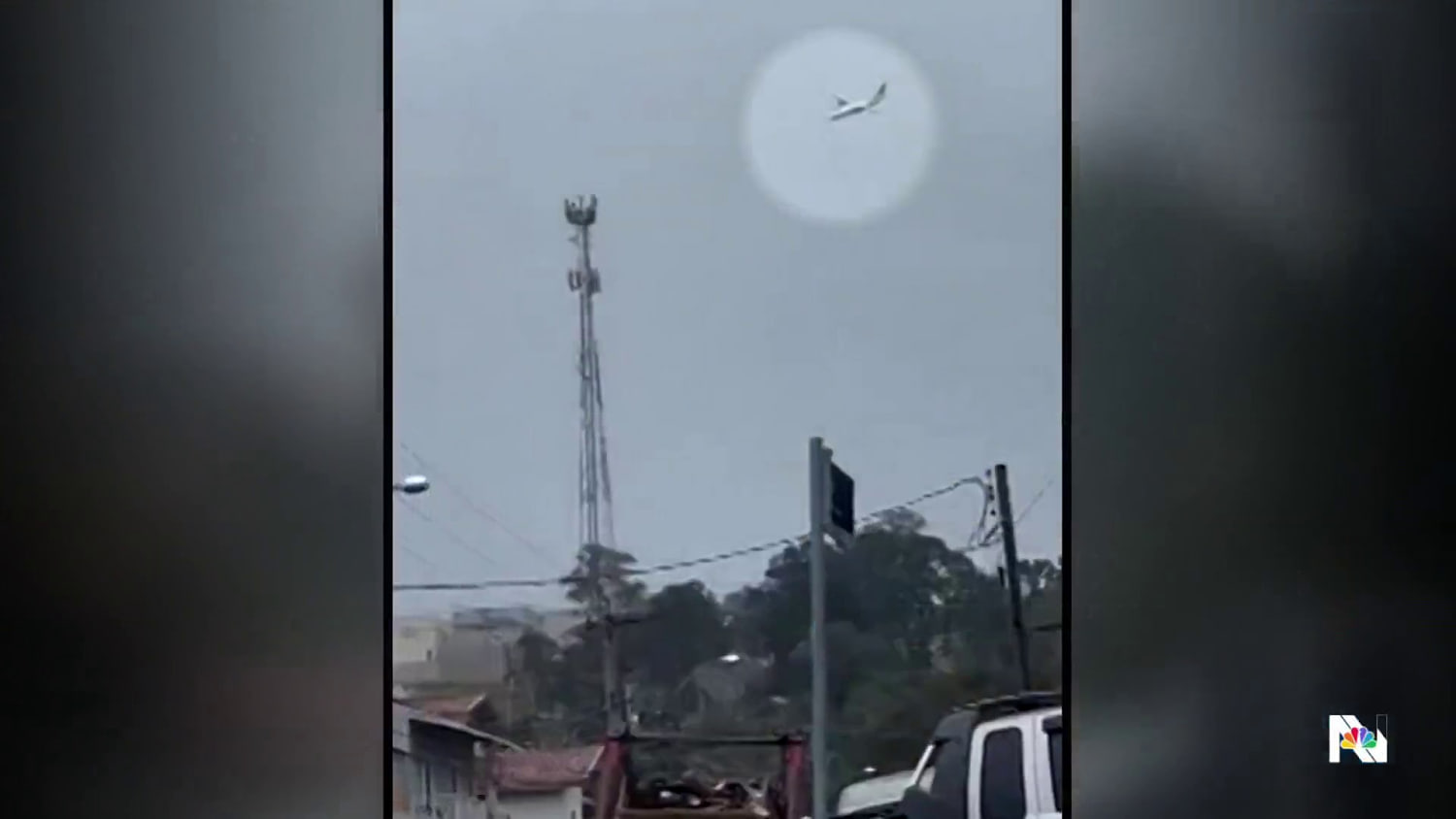









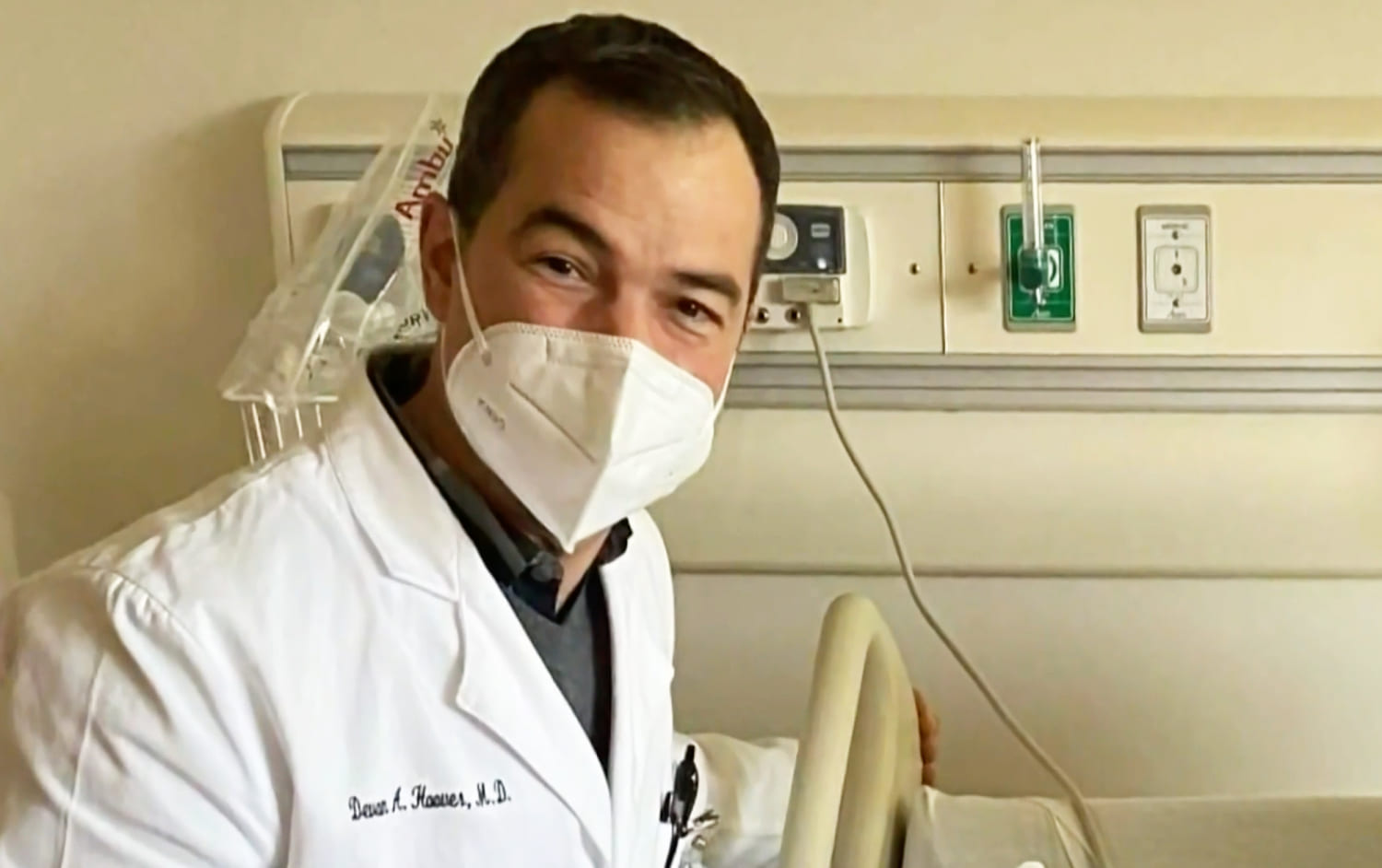


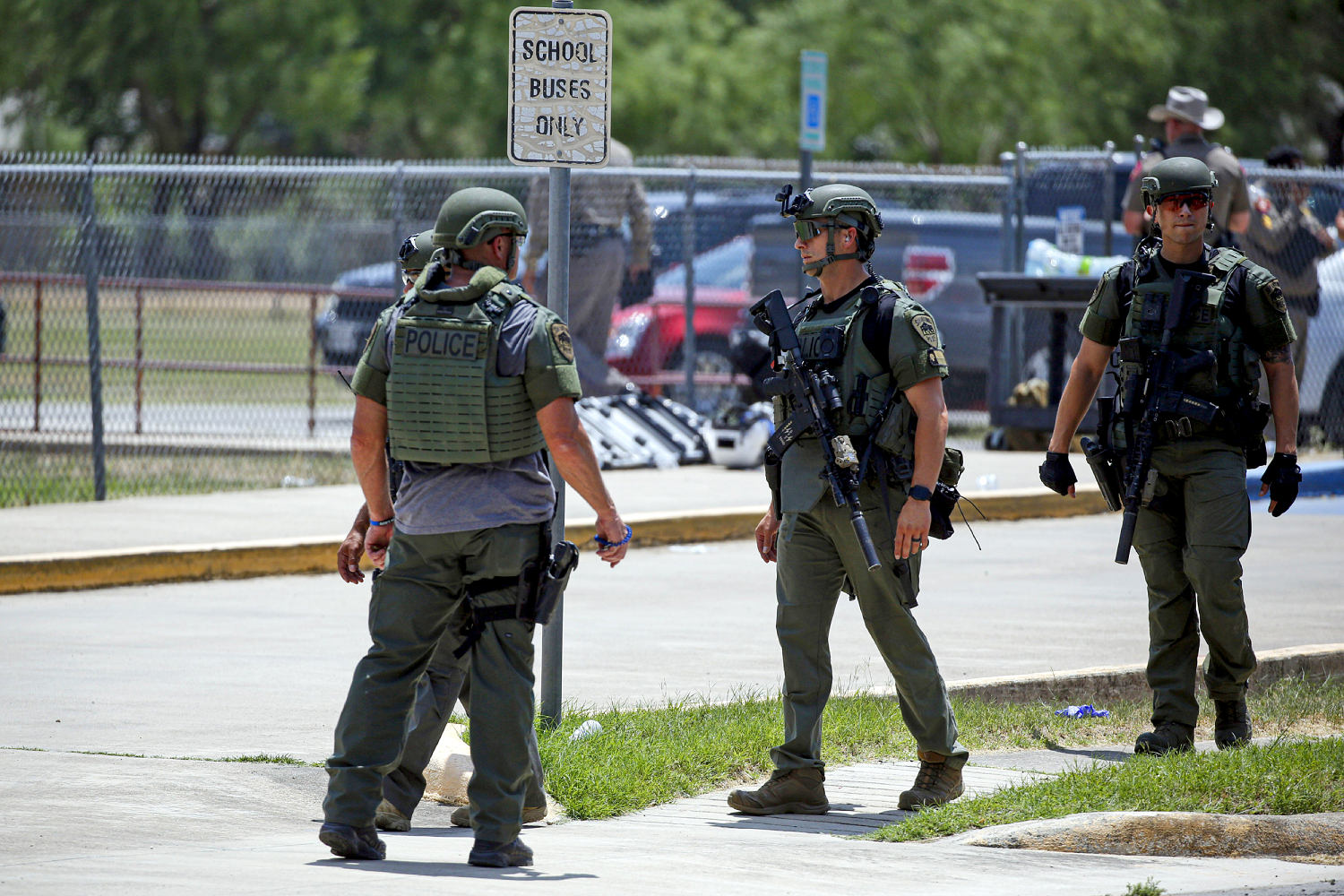
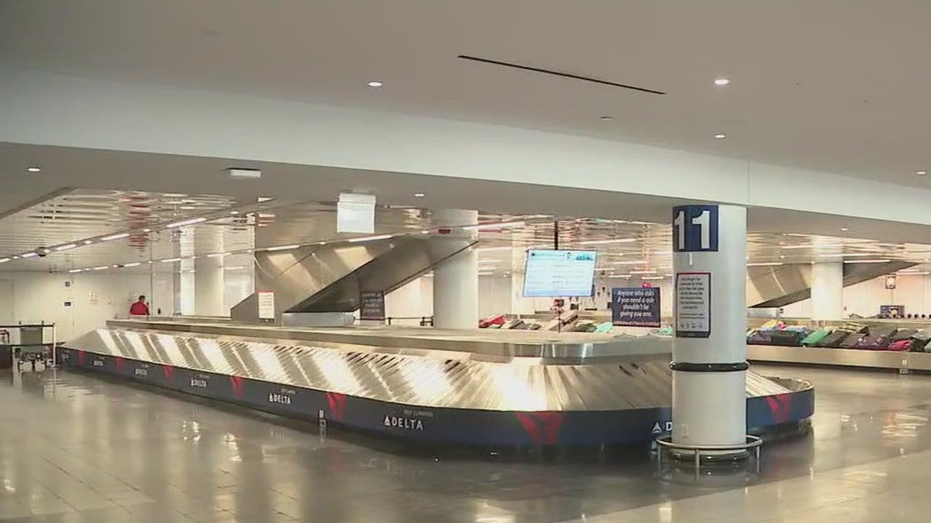

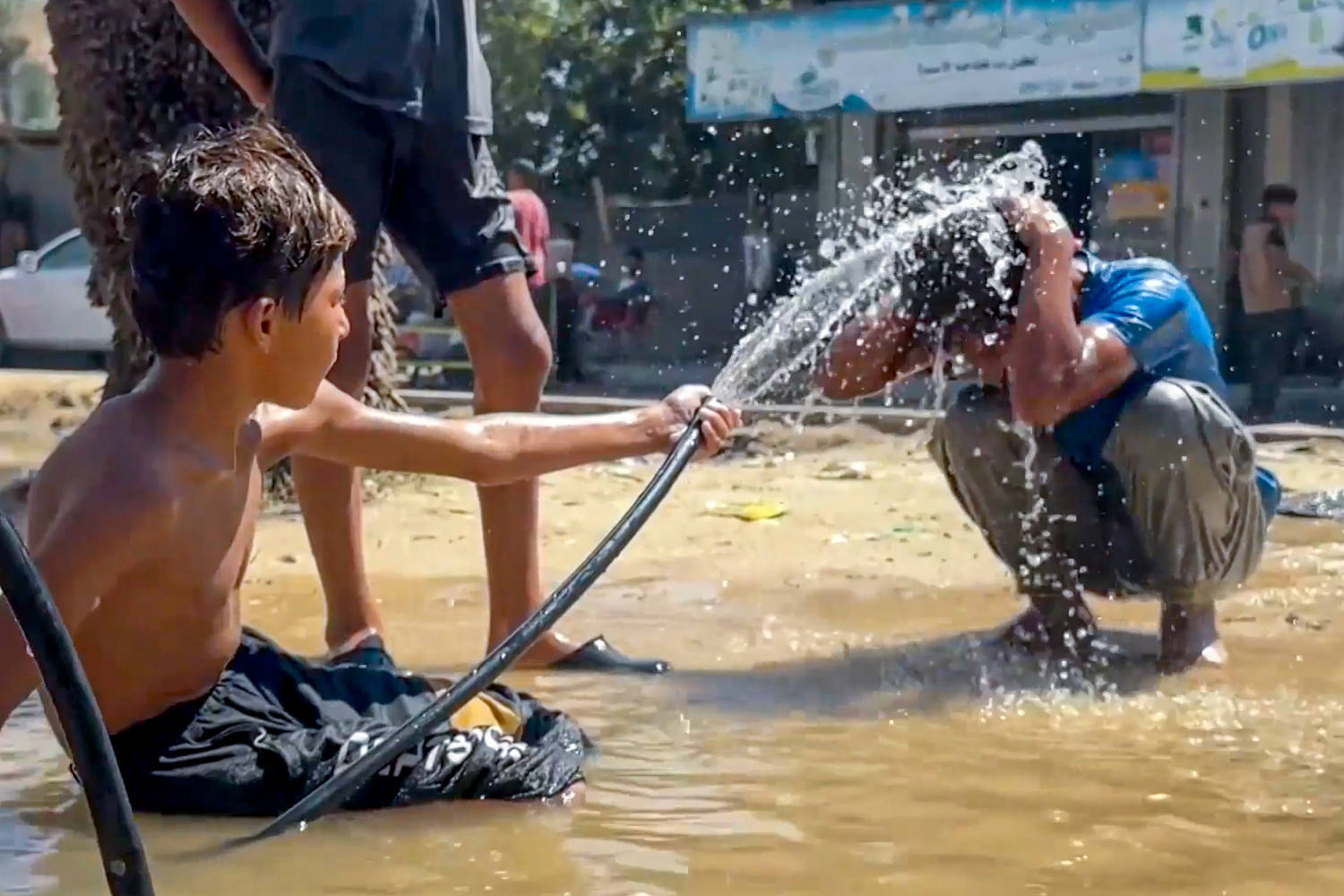
 English (US) ·
English (US) ·